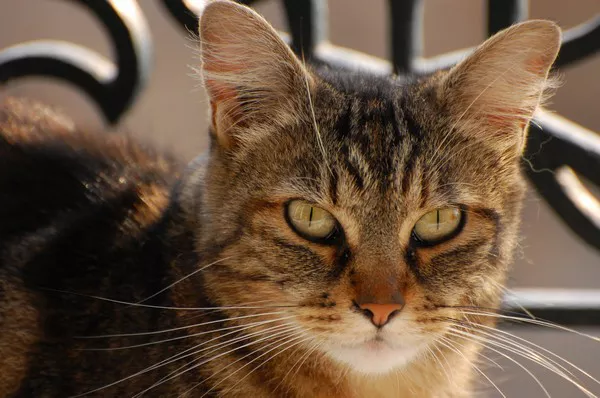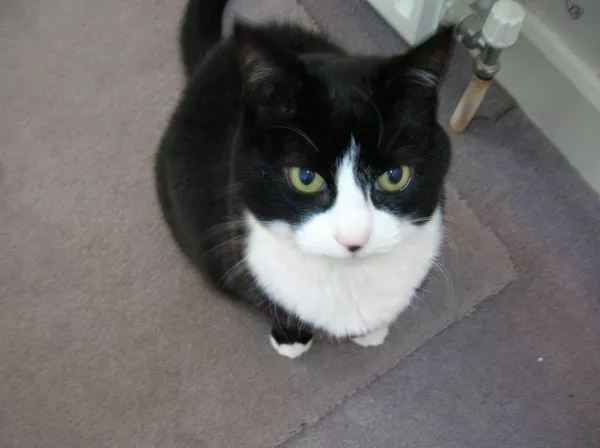Vaccination is a crucial aspect of responsible cat ownership, providing essential protection against various infectious diseases. As a pet owner, understanding the costs associated with vaccinating your cat is vital for budgeting and ensuring your feline friend receives the necessary medical care. This essay will explore the various factors that influence the cost of fully vaccinating a cat, including the types of vaccines available, the frequency of vaccinations, the role of veterinary clinics, and additional expenses that may arise. By the end of this guide, you will have a comprehensive understanding of the financial commitment involved in keeping your cat healthy and protected.
The Importance of Vaccination
Before delving into the costs, it’s important to understand why vaccination is essential for your cat’s health. Vaccines help prevent serious diseases that can be life-threatening or lead to long-term health issues. Common feline diseases that vaccines protect against include:
Feline Viral Rhinotracheitis (FVR): A highly contagious respiratory disease caused by feline herpesvirus.
Feline Calicivirus (FCV): Another respiratory virus that can cause severe oral disease and systemic illness.
Feline Panleukopenia (FPV): A viral disease that can lead to severe gastrointestinal illness and is often fatal, especially in young kittens.
Rabies: A viral disease that affects the central nervous system and is fatal. Rabies vaccination is often required by law in many areas.
Feline Leukemia Virus (FeLV): A virus that can cause immunosuppression and increase the risk of other infections and cancers.
Vaccination not only protects your cat but also helps control the spread of these diseases within the feline population.
Types of Vaccines
Vaccines are generally classified into two categories: core vaccines and non-core vaccines.
Core Vaccines
Core vaccines are essential for all cats, regardless of their lifestyle. These vaccines are typically administered in a series during a kitten‘s first year and then given as boosters throughout the cat’s life. The core vaccines include:
FVRCP Vaccine: This combination vaccine protects against feline viral rhinotracheitis, calicivirus, and panleukopenia. The initial series usually consists of three vaccinations given at 6-8 weeks, 10-12 weeks, and 14-16 weeks of age, followed by a booster at one year and then every three years thereafter.
Rabies Vaccine: This vaccine is typically given at around 12-16 weeks of age, with a booster required one year later. Depending on local laws and the type of rabies vaccine used, subsequent boosters may be needed every one to three years.
Non-Core Vaccines
Non-core vaccines are recommended based on a cat’s lifestyle, geographic location, and risk factors. These include:
Feline Leukemia Virus (FeLV) Vaccine: Recommended for cats that go outdoors or are exposed to other cats. The initial vaccine is given at 8-12 weeks, followed by a booster one year later, and then every two years.
Feline Immunodeficiency Virus (FIV) Vaccine: This vaccine is also recommended for outdoor cats or those at risk of exposure. The vaccination schedule is similar to that of FeLV.
Chlamydia Vaccine: This vaccine may be recommended for cats in multi-cat households or shelters.
The cost of these vaccines can vary significantly based on several factors, which we will explore in detail.
Cost Breakdown of Vaccination
Initial Vaccination Costs
The cost of vaccinating a kitten or adult cat for the first time can vary based on location, veterinary clinic, and the specific vaccines administered. Here’s a general breakdown of what to expect:
FVRCP Vaccine: The cost for the FVRCP vaccine series can range from $30 to $50 per shot. Kittens typically receive three doses, leading to a total cost of approximately $90 to $150.
Rabies Vaccine: The rabies vaccine usually costs between $15 and $30.
FeLV Vaccine: The FeLV vaccine can range from $25 to $50.
Adding these costs together, the initial vaccination for a kitten can range from approximately $130 to $230.
Booster Vaccination Costs
After the initial vaccination series, cats require booster shots to maintain immunity. The costs for boosters are generally lower than the initial vaccinations:
FVRCP Booster: Typically around $30 to $50.
Rabies Booster: Usually $15 to $30.
FeLV Booster: Generally $25 to $50.
The total cost for booster vaccinations can range from $70 to $130.
Additional Costs
While the vaccination costs are significant, there are additional expenses to consider:
Veterinary Exam Fees: Many clinics require a veterinary examination before administering vaccines. The cost of an exam can range from $40 to $100, depending on the clinic.
Microchipping: If you are getting your cat vaccinated, it may be a good time to consider microchipping for added safety. This typically costs between $25 and $50.
Preventative Medications: Your veterinarian may recommend flea, tick, or heartworm prevention, which can add to the overall cost.
Additional Non-Core Vaccines: If your cat requires any non-core vaccines, such as for FIV or chlamydia, factor in the costs for those as well.
Total Estimated Costs
Taking all these factors into account, the total cost for fully vaccinating a cat, including initial vaccinations, boosters, and additional expenses, can range from $300 to $600 in the first year. Subsequent years may cost between $100 and $300 for booster vaccines and any additional veterinary care.
Factors Influencing Vaccination Costs
Several factors can influence the overall cost of vaccinating your cat:
Geographic Location
The cost of veterinary services can vary significantly based on your location. Urban areas typically have higher veterinary fees compared to rural areas. Additionally, the availability of veterinary clinics and the competition in the area can also affect pricing.
Veterinary Clinic Type
Costs can differ between private veterinary practices, animal hospitals, and low-cost clinics. While private practices may offer more personalized care, low-cost clinics can provide vaccinations at a reduced price, often through community programs.
Cat’s Age and Health Status
The age and health of your cat can influence vaccination costs. Kittens require a series of vaccinations, which can be more expensive than a single booster for an adult cat. Additionally, if your cat has health issues that require special attention, costs may increase.
Package Deals
Some veterinary clinics offer vaccination packages that include multiple vaccines at a discounted rate. These packages can provide significant savings compared to paying for each vaccine separately.
Additional Services
If your cat requires additional services, such as spaying or neutering, dental cleanings, or other medical treatments, these can add to the overall cost of veterinary care.
The Importance of Regular Veterinary Visits
Regular veterinary visits are essential for maintaining your cat’s health and ensuring they receive the necessary vaccinations. Routine check-ups allow your veterinarian to monitor your cat’s overall health, catch potential issues early, and provide recommendations for preventative care.
During these visits, your veterinarian can discuss your cat’s vaccination needs based on their lifestyle, age, and health status. They can also provide guidance on nutrition, behavior, and other aspects of cat care.
Conclusion
Vaccination is a critical component of responsible cat ownership, providing essential protection against serious diseases. The cost of fully vaccinating a cat can vary based on several factors, including geographic location, veterinary clinic type, and additional services required. On average, you can expect to spend between $300 and $600 in the first year for initial vaccinations and subsequent boosters.
Investing in your cat’s health through proper vaccination not only protects them but also contributes to the health of the broader feline community. By understanding the costs involved and prioritizing regular veterinary care, you can ensure that your feline friend leads a long, healthy, and happy life.
Related topic:



























